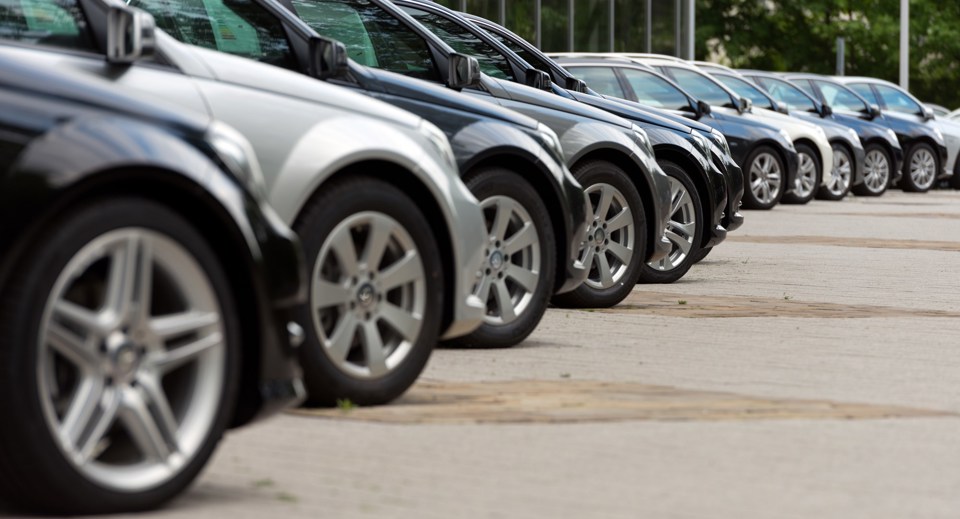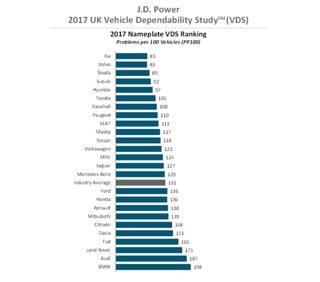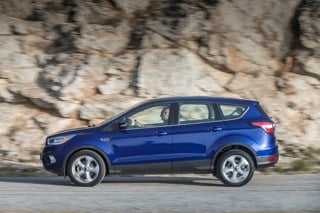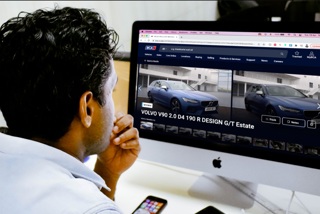Cap HPI has revealed the average price of a new car has risen 38% over the last decade, with a PCP-fuelled push towards SUVs and premium cars the main driver of change.
The automotive data experts denied suggestions that the increase in the average value of a new car, from £24,383 in February 2008 to £33,559 in February 2018, had come as the result of the addition of new car safety and infotainment technologies.
It said in a statement that the likes of satellite navigation and autonomous self-parking was “not always reflected in the price rise”, adding that “new technology is often rolled out as standard by manufacturers seeking to improve the competitiveness of their products”.
Matthew Freeman, managing consultant at Cap HPI, said: “The real driver of this is the changing structure of the marketplace.
“Over the past decade, we’ve seen more expensive models being rolled out. We see more SUVs on our roads, and they are usually more expensive than the equivalent saloon.”
The company’s data also revealed that there were now more premium brand cars across almost every segment as premium brands begun experimenting with new segments.
The expansion of diesel ranges has also driven up the average price of a new vehicle as diesels are around £1,000 more expensive than the equivalent power petrol version, it said.
Freeman added: “Many brands have moved to offer a more luxurious specification mix and eliminated their entry-level specifications.
“This is partly a response to PCP making cars more affordable, and consumers moving up to more expensive models.
“It’s also worth noting that those base models were not especially desirable in the used market, and had poor resale values.
“PCP has also shifted focus from the entry price to the monthly repayment and having a model to advertise as ‘From £9,995’ is no longer a priority – cars are more likely to be advertised on their monthly payment.”

















Login to comment
Comments
No comments have been made yet.